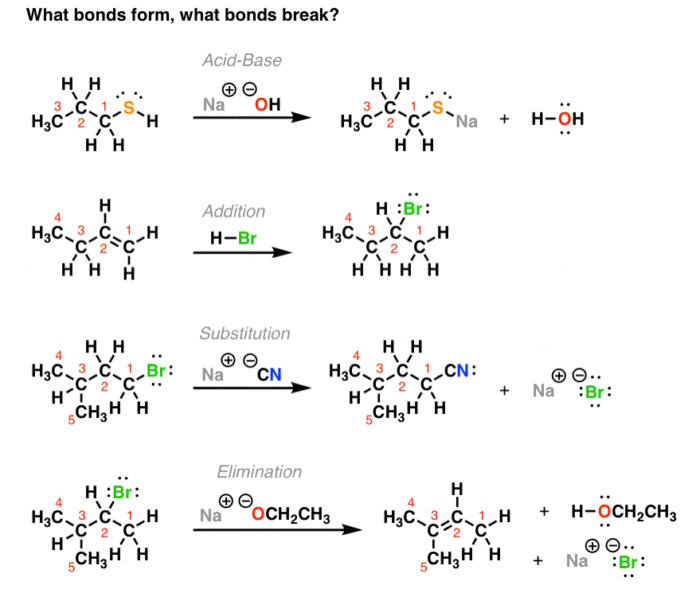The Dental Admission Test (DAT) is the gateway to your dream of becoming a dentist. Whether you’re a seasoned scholar or just embarking on your pre-dental journey, mastering the DAT exam is vital. In this comprehensive guide, we’ll dive into key strategies, resources, and insights to help you conquer the DAT and secure your spot in dental school.
Introduction to DAT Exam: Purpose, Importance, and Structure

The DAT is more than a mere hurdle; it’s a pivotal step toward your future dental career. Admissions committees rely on your DAT score to assess your readiness for the rigorous dental curriculum. Structured into four main sections – Natural Sciences, Perceptual Ability, Reading Comprehension, and Quantitative Reasoning – the DAT evaluates not only your academic prowess but also your problem-solving skills and critical thinking abilities.
Key Content Areas: Sciences, Perceptual Ability, Reading Comprehension
Navigating the DAT’s key content areas is crucial for a triumphant outcome. The Sciences section, encompassing Biology, Chemistry, and Organic Chemistry, necessitates both factual comprehension and problem-solving skills. The Perceptual Ability Test (PAT) evaluates spatial reasoning, demanding consistent practice to excel. Reading Comprehension gauges your ability to comprehend complex texts, a skill paramount for any dental professional.
Proficiency in these content domains is a testament to your readiness for the challenges of dental school. Devote ample time to each, honing your scientific knowledge, cognitive abilities, and critical thinking prowess, ensuring you’re well-prepared for the diverse demands of the DAT.
Effective Study Techniques: Time Management, Active Recall, Conceptual Learning
Mastering effective study techniques is fundamental in preparation. Time management allocates focused intervals to each section, optimizing productivity. Active recall reinforces memory retention through self-quizzing, enhancing long-term understanding. Conceptual learning, prioritizing comprehension over rote memorization, fosters deeper insights into core subjects. Integrating these techniques cultivates a robust foundation for success, enabling you to not only retain information but also apply it seamlessly during the exam.
Topical Focus: Biology, Chemistry, Organic Chemistry, PAT, RC Strategies

Acing the DAT hinges on targeted topical focus. In Biology, grasp processes, not just facts. In Chemistry and Organic Chemistry, delve into principles for diverse problem-solving. The Perceptual Ability Test (PAT) necessitates consistent practice to ace spatial reasoning. Reading Comprehension (RC) warrants active engagement—annotate, summarize, and synthesize for success. A strategic approach to these topics empowers you to conquer the DAT. Prioritize understanding over rote memorization, refine spatial reasoning, and sharpen reading comprehension abilities. This holistic mastery of key content areas arms you with the toolkit needed to excel on exam day.
Recommended Resources: Study Guides, Practice Tests, Online Platforms
Navigate through the sea of resources smartly. Acclaimed study guides like “DAT Destroyer” and “CliffsNotes AP Biology” can be your anchors. Regularly take full-length practice tests; they hone time management and simulate test conditions. Explore online platforms such as Khan Academy and DAT Bootcamp for interactive learning.
Test-Taking Strategies: Guessing, Marking, Time Allocation, Confidence Building

Strategic test-taking is pivotal in conquering the DAT. Guessing becomes a calculated endeavor – eliminate implausible options to boost odds. Mark questions for review to maximize completion within the time limit. Skillful time allocation prevents getting bogged down. Confidence, cultivated through consistent practice, is your secret weapon. Embrace strategies that align with your strengths, and remember, a well-structured approach not only optimizes efficiency but also bolsters your confidence, enhancing your overall performance on the DAT.
Importance of Simulated Practice: Mock Exams, Realistic Testing Environment
Simulated practice, through mock exams, is a game-changer. Mocks replicate the actual test environment, cultivating familiarity and reducing test-day anxiety. By encountering diverse question types and honing time management skills, you’ll be well-prepared to navigate the real exam. Analyzing mock results pinpoints strengths and weaknesses, guiding focused study efforts. Embrace simulated practice as a vital tool to enhance confidence, fine-tune strategies, and optimize your performance on the crucial DAT day.
Personalized Study Plan: Setting Goals, Tracking Progress, Adapting Approaches

Crafting a tailored study plan is the cornerstone of DAT preparation. Define both long-term objectives, like target scores, and short-term goals for daily accomplishments. Regularly monitor progress to stay motivated and identify areas needing improvement. Flexibility is key; adjust strategies if certain methods aren’t yielding desired results. A personalized study plan ensures efficient use of time and resources, propelling you closer to DAT triumph.
Expert Insights: Tips from High Scorers, Test Prep Coaches, and Educators
Gleaning wisdom from those who’ve conquered the DAT is invaluable. High scorers emphasize active learning and extensive practice, underlining the significance of mastering content and test strategies. Test prep coaches stress time management, advising to simulate real exam conditions. Educators highlight the importance of grasping core concepts, fostering a deeper understanding. Collectively, their insights advocate a balanced approach that merges knowledge acquisition with skill refinement, ultimately paving the way to DAT success.
Balancing Preparation: Stress Management, Healthy Lifestyle, Mental Preparation

Achieving DAT excellence demands equilibrium. Prioritize stress management through mindfulness techniques, aiding focus and composure. A wholesome lifestyle, comprising balanced nutrition and regular exercise, primes your mind for peak performance. Adequate sleep rejuvenates cognitive functions.
Cultivate mental resilience by visualizing success and positive outcomes. Effective time management allows study, leisure, and self-care. Remember, striking this balance isn’t a luxury but a necessity, nurturing your well-being while fortifying your DAT preparation. A holistic approach ensures you’re not just academically prepared, but mentally and physically ready to tackle the challenges of the DAT journey with unwavering determination.
Conclusion: Consolidating Learning, Final Tips, Exam Mindset, Success Outlook
As the DAT journey concludes, consolidate your learning. Review notes, revisit challenging topics, and take another round of practice tests. In the final stretch, stick to familiar strategies and trust your preparation. On exam day, maintain a calm mindset; remember, it’s a culmination of your efforts. Approach each question methodically and remain optimistic.
In your pursuit of DAT mastery, remember that success is a blend of knowledge, strategy, and mindset. The DAT exam is not merely a test of your academic acumen; it’s an assessment of your ability to excel under pressure, think critically, and communicate effectively—qualities pivotal in your future dental career. Embrace the challenge, stay dedicated, and with the right approach, you’ll rise above the DAT and step confidently into the world of dentistry.







